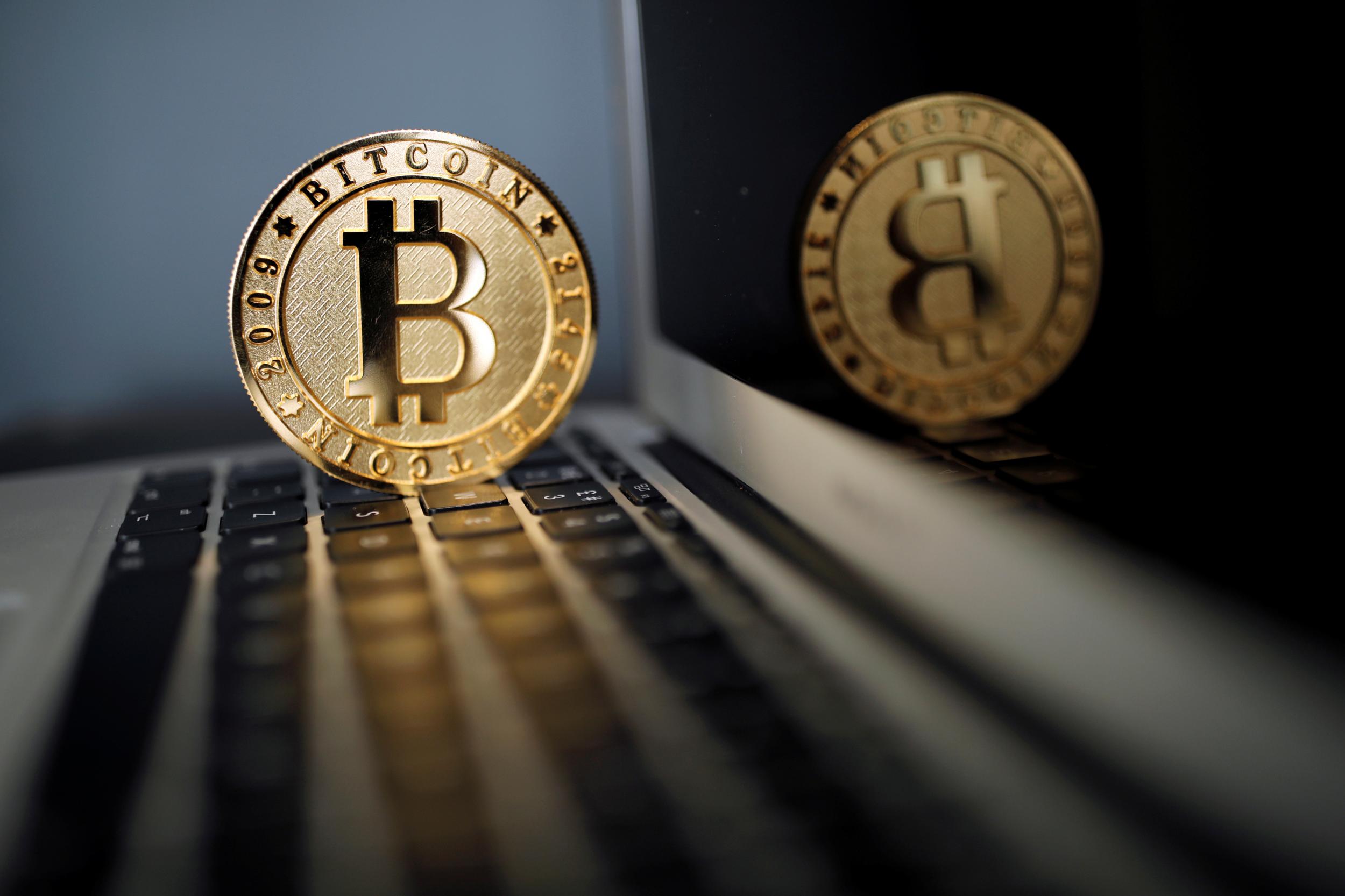The financial sector hasn't learned the key lesson from Black Monday – don't put all of your trust in technology
Our recent obsession with crypto-currencies, a surging cyber-security threat and valuations of tech companies shooting through the roof are just three bold trends that should be keeping investors up at night

Financial professionals working in the City or on Wall Street today who remember first hand what happened on 19 October 1987 are few and far between. So in honour of the 30th anniversary of Black Monday, let me help you out.
On that historic day three eventful decades ago, stock markets around the world went into veritable meltdown, with New York’s Dow Jones Industrial Average shedding a whopping 22 per cent of its value and other benchmark indices around the globe suffering similarly scathing losses – all the way from Auckland to London and most places in between.
The immediate and exact causes are disputed and likely manifold but experts tend to agree that technology – at the time in its infancy – bears the brunt of the blame for the sheer scale and scope of the crash.
The collapse might have started as the result of concerns relating to the shifting fortunes of the global economy and rising inflation, or political tensions between the US and Iran, but the sell-off was almost certainly exacerbated by something called programme trading; ironically, a system that was developed to help traders manage risk.
Programme trading offered a way of quickly hedging bets when markets got rocky. As with so many other things that initially appear to make our lives easier, though, the whole system dramatically backfired when it led to too many people – many still jittery from the recession of the 1970s – scrambling for the exit at the same time.
What was left was the basis for a thick chapter in any reputable economic history book.
Black Monday was a defining moment for global markets in that it was the first time that technology’s drawbacks were displayed in all their distressing glory. A new era of electronic trading had dawned and we were being taught – painfully – about the associated risks. To some degree we learned our lessons and implemented measures to try and prevent a mess of the same calibre happening again. These days we’ve got stricter regulations in place, a greater awareness of market trends and arguably a deeper understanding of how boom-and-bust cycles work.
But is that enough? Could 1987 happen all over again? Cynics certainly have plenty of ammunition.
Our recent obsession with crypto-currencies, a surging cyber-security threat and valuations of tech companies shooting through the roof are just three bold trends that should be keeping investors up at night.
The value of Bitcoin has rocketed by an eye-watering 746 per cent over the last 12 months, and though not quite as extreme, many global stock markets have climbed by around a fifth over that period.
Google parent Alphabet’s shares are near an all-time high of over $1,000 apiece. And the scariest metrics might actually be in the non-public part of the market, where investors are pumping fortunes into brand new companies that have yet to turn a profit or prove that they’re more than a one-trick pony with a blink-and-you’ll-miss-it shelf life.
What many of these recent rallies have in common is that they are largely based on speculation rather than concrete, fundamental reason. The US stock market, for example, has been turbo-charged by a slew of promises from Donald Trump about rolling back regulation and cutting taxes. Based on his track record of acting on his campaign promises, would it really be misplaced to question what might happen if he doesn’t deliver? Can what goes up really avoid coming down?
In 2017, markets are more dependent on technology than ever before. As a result they’re more interconnected. They’re arguably also less transparent because of a deluge of new-fangled financial products that have emerged in recent years.
Granted, unlike in 1987, financial market now have circuit breakers which slow down or even stop trading all together if moves become precariously sizeable, but experts have repeatedly suggested that while these tools might be able to mitigate the pace of any given decline, it’s unclear whether they’d be able to stop a massive Black Monday-style episode in its tracks.
In an interview with MarketWatch, a financial information website owned by Wall Street Journal parent Dow Jones, Joseph Saluizzi who co-founded a US-based brokerage firm called Themis Trading recently said that one of the problems is that we just don’t know how today’s market would react to a 1987-style shock.
But history, he says, is definitely about to repeat itself.
“We don’t know when that day is going to be, it could be tomorrow, or next year, or two or three years from now,” he said. “But when it happens, it’s going to be really, really ugly.”
In that sense, happy anniversary.
Join our commenting forum
Join thought-provoking conversations, follow other Independent readers and see their replies
Comments
Bookmark popover
Removed from bookmarks